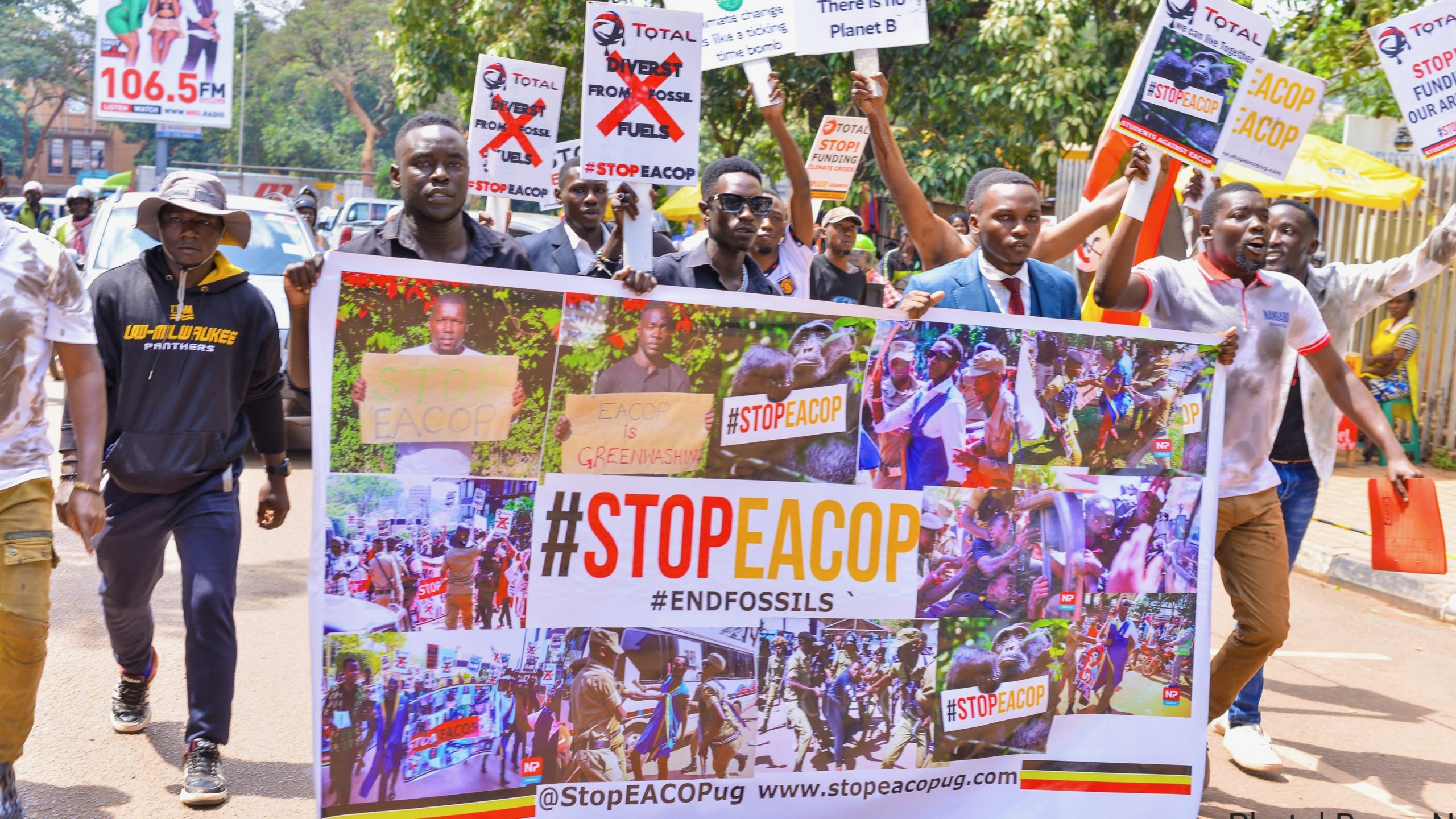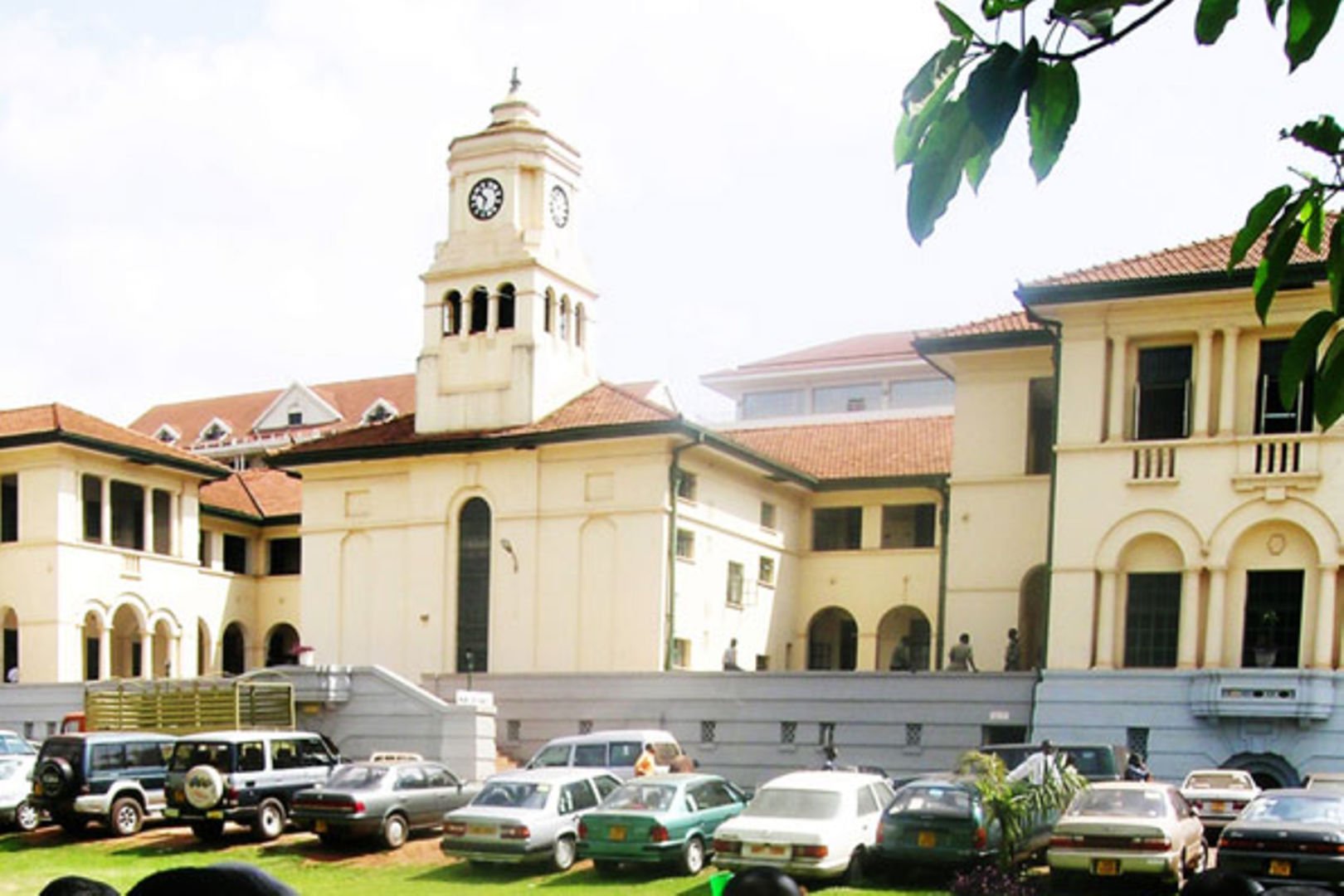The East African Court Of Justice has taken a significant step in the ongoing legal battle surrounding the construction of the East Africa Crude Oil Pipeline (EACOP) project, directing activist groups to submit written arguments in an appeal aimed at overturning a previous ruling.
The appeal stems from a case initiated by activist groups, including the African Centre for Energy Governance (AFIEGO), challenging the legitimacy of the EACOP project. The regional court, sitting in Arusha, had dismissed the initial case in November 2023, citing jurisdictional issues due to untimely filing.
However, AFIEGO, along with other organizations such as the Center for Food and Adequate Living Rights (CEFROHT)-Uganda, Natural Justice (NJ)-Kenya, and the Centre for Strategic Litigation (CSL)-Tanzania, pursued an appeal against this ruling, filing their case in November 2020.
In a recent development, the Appellate Division of the East African Court of Justice (EACJ) has accepted the appeal and set deadlines for written submissions. Activist groups have been instructed to file their arguments by March 22, 2024, while the governments of Uganda and Tanzania, along with the Secretary General of the East African Community (EAC), have been asked to provide counterarguments by April 22, 2024.
The appeal contends that the EACOP project violates several East African and international treaties and laws, including the EAC Treaty, Protocol for Sustainable Development of the Lake Victoria basin, Convention on Biological Diversity, and the United Nations Framework Convention on Climate Change, among others.
Furthermore, the court has mandated the activists to respond to the counterarguments by May 6, 2024, setting the stage for a thorough examination of the legal complexities surrounding the EACOP project.
Dickens Kamugisha, CEO of AFIEGO, expressed satisfaction with the court’s decision, emphasizing the importance of challenging projects that threaten natural resources and the livelihoods of communities. Similarly, Farida Aliwa, Executive Director of Natural Justice, underscored the significance of presenting detailed submissions to highlight the environmental impact of the pipeline and advocate for a sustainable future for East Africa.




















